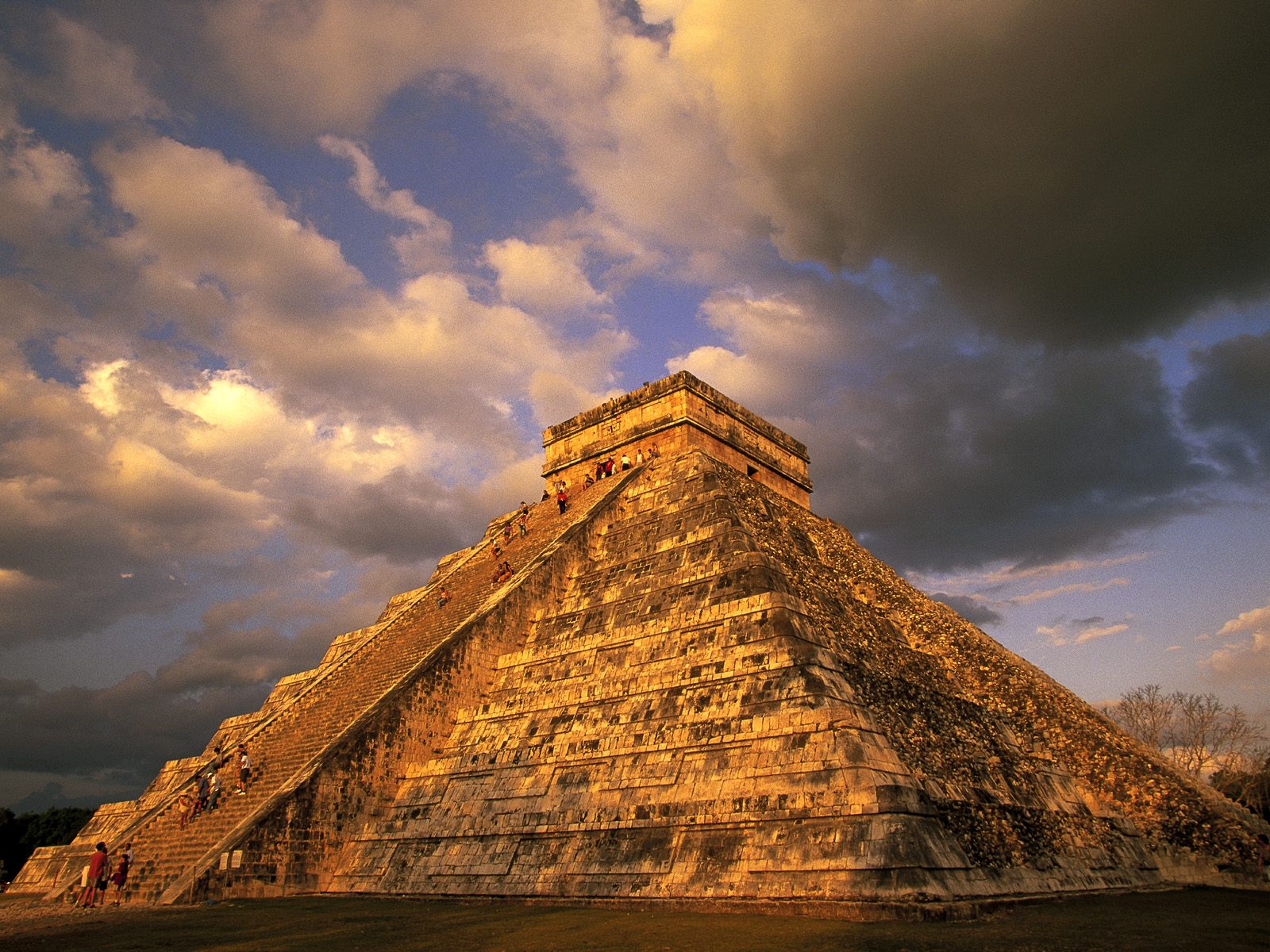| 正面 | 1828.ancient 英 ['eɪnʃ(ə)nt]美 [ˈeɪnʃənt]     |
|---|---|
| 背面 |      释义: 谐音“矮身的”→古代的(ancient)人身材都相当矮adj. 古代的;古老的,过时的;年老的n. 古代人;老人 例句: 1. The journey ends in the ancient city of Marrakesh.旅行的终点是马拉喀什古城。 ancient 古代的来自词根ante, 在前面的,古老的。 ancientancient: [14] Like antique, ancient was originally, in Latin, an adjectivized version of the adverb and preposition ‘before’: to ante ‘before’ was added the adjective suffix -ānus, to produce the adjective *anteānus ‘going before’. In Old French this became ancien, and it passed into English via Anglo-Norman auncien. The final -t began to appear in the 15th century, by the same phonetic process as produced it in pageant and tyrant. The now archaic use of ancient as ‘standard, flag’ and as ‘standard-bearer’ (as most famously in Shakespeare’s ‘ancient Pistol’) arose from an alteration of ensign.=> antiqueancient (adj.)mid-14c., auncyen, from Old French ancien "old, long-standing, ancient," from Vulgar Latin *anteanus, literally "from before," adjectivization of Latin ante "before, in front of, against" (from PIE *anti "against," locative singular of *ant- "front, forehead;" see ante). The parasitic -t dates from 15c. by influence of words in -ent. Specifically, in history, "belonging to the period before the fall of the Western Roman Empire" (and contrasted with medieval and modern). In English law, "from before the Norman Conquest." Ancient of Days is from Dan. vii:9. Related: Anciently.ancient (n.)"standard-bearer," 1550s, a corruption of ensign. Archaic, but preserved in Shakespeare's character Aunchient Pistoll in "Henry V."" |